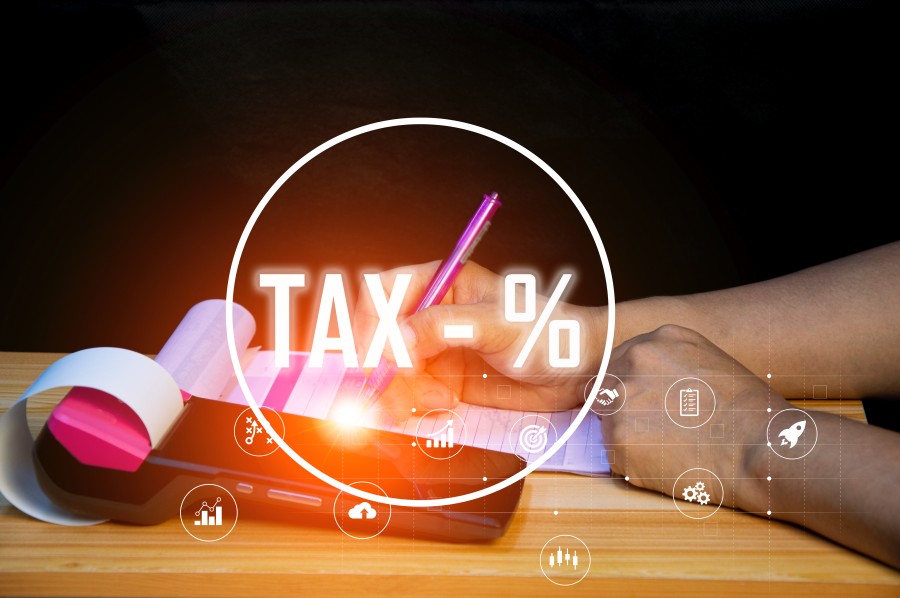- Home
As you step into the world of entrepreneurship, one of the key things you must understand is taxation — especially Value Added Tax, commonly referred to as VAT. It’s not just business owners who should know about VAT, but also consumers and service users. Understanding what VAT is and why many businesses add 7% to their quotes can help build transparency. But do all business owners need to register for VAT before charging 7%? Let us walk you through the essentials.

Table of Contents
ToggleWhen people hear about Value Added Tax, many are unsure what it actually refers to — but when you say VAT (Value Added Tax), it starts to sound more familiar. VAT is a consumption tax applied to the added value at each stage of production and distribution. Businesses collect VAT from buyers at every point of the supply chain and remit it to the government. In Thailand, the standard VAT rate is 7%. It’s worth noting that VAT is widely used in many countries — for example, Japan imposes a 10% VAT rate.
Not everyone can simply add VAT to their products or services. The VAT system is structured to collect tax at every stage of production and distribution from VAT-registered businesses. These businesses include VAT in their product or service pricing when selling to customers.
Businesses are allowed to offset the VAT they’ve paid on inputs (materials, services) against the VAT they collect on sales. The difference between Output Tax and Input Tax must be paid to the Revenue Department. Business owners must also file VAT returns and pay taxes by the deadlines set by law.

Generally, anyone can voluntarily register for VAT — even sole proprietors. However, in most cases, VAT registration is mandatory in the following three scenarios:
Some businesses are legally exempt from VAT registration. According to Thai tax laws, the following types of businesses or organizations are not required to register for VAT:

Registering for VAT is now easier than ever. Business owners earning more than 1.8 million THB annually can register online at www.rd.go.th, the official website of the Thai Revenue Department. Alternatively, registration can also be completed at any local Revenue Department office. Visit the website to see a full list of required documents, and if you have questions, you can call the Revenue Department helpline at 1161.

By now, business owners reading this article should have a clear understanding of what VAT registration is and why it matters. To avoid legal issues or audits by the Thai Revenue Department, any business earning over 1.8 million THB annually must register for VAT. Doing so ensures your business is operating legally and allows you to collect VAT from customers and remit it to the government.
If your business is still on the fence about trusting us with your digital marketing strategy, rest assured — we are a fully VAT-registered Digital Marketing Agency. Our compliance and professionalism have earned the trust of many large corporate clients. We offer services including Facebook Page Management, SEO Services, and other verifiable, results-driven digital marketing solutions.

บริษัท Digital Marketing Agency ที่มีประสิทธิภาพสูงพร้อมให้บริการธุรกิจของคุณด้วยความเป็นมืออาชีพ เพื่อให้แบรนด์ธุรกิจของคุณประสบความสำเร็จกับแคมเปญการตลาดออนไลน์